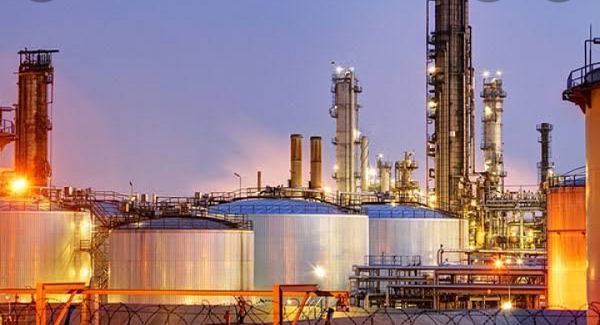Russia expects its oil and gas production to fall this year compared to 2022, partly due to the production cuts announced for March, Russian Energy Minister Nikolai Shulginov told lawmakers on Wednesday.
“For 2023, we expect oil production levels to be slightly lower, also because of the voluntary reduction in output,” Shulginov was quoted as saying by Russian news agency Interfax.
“Gas production volumes will continue to decline both due to the abandonment of the European market and the timing of the re-routing of energy flows to the East,” the Russian energy minister added.
Russian Deputy Prime Minister Alexander Novak said in early February that Russia, a member of OPEC+, would voluntarily cut its oil production by 500, 000 bpd in March as a result of the Western sanctions and the price cap on Russian oil.
Russia’s decision to reduce its oil production this month will help balance the global oil market, which is in a surplus now, Alexander Dyukov, chief executive of Russian oil company Gazprom Neft, said later in February.
The Russian production cut could be “a sign that Moscow may be struggling to place all of its barrels,” or “may be an attempt to shore up oil prices,” the International Energy Agency (IEA) said in its Oil Market Report for February.
In the report for March published today, the IEA said, “It remains to be seen if there will be sufficient appetite for Russian oil products now that the price cap is in place or if its production will start to fall under the weight of sanctions.”
“Revenues are already dwindling,” the agency noted.
The Kremlin does not and will not recognize any price cap on its oil, Kremlin spokesman Dmitry Peskov said last week.
Earlier in the week, U.S. Energy Envoy Amos Hochstein had said that the price cap on Russia’s crude oil and oil products was working well.
“I think the beauty of the process is that it is working and that Russian oil and Russian products are being traded below the price cap,” Hochstein said on the sidelines of the CERAWeek energy conference, as carried by Reuters.


Comment here